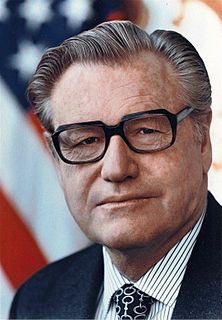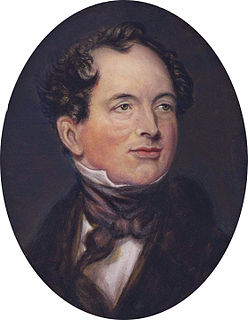A Quote by John Dewey
It science involves an intelligent and persistent endeavor to revise current beliefs so as to weed out what is erroneous, to add to their accuracy, and, above all, to give them such shape that the dependencies of the various facts upon one another may be as obvious as possible.
Related Quotes
Facts are neutral until human beings add their own meaning to those facts. People make their decisions based on what the facts mean to them, not on the facts themselves. The meaning they add to facts depends on their current story … facts are not terribly useful to influencing others. People don’t need new facts—they need a new story.
Truths emerge from facts, but they dip forward into facts again and add to them; which facts again create or reveal new truth (the word is indifferent) and so on indefinitely. The 'facts' themselves meanwhile are not true. They simply are. Truth is the function of the beliefs that start and terminate among them.
It surely can be no offence to state, that the progress of science has led to new views, and that the consequences that can be deduced from the knowledge of a hundred facts may be very different from those deducible from five. It is also possible that the facts first known may be the exceptions to a rule and not the rule itself, and generalisations from these first-known facts, though useful at the time, may be highly mischievous, and impede the progress of the science if retained when it has made some advance.
Facts do not find their way into the world in which our beliefs reside; they did not produce our beliefs, they do not destroy them; they may inflict on them the most constant refutations without weakening them, and an avalanche of afflictions or ailments succeeding one another without interruption in a family will not make it doubt the goodness of its God or the talent of its doctor.
I firmly believe that the method which sets theological theories against scientifically ascertained facts, is fatal to the current theology and injurious to the spirit of religion; and that the method which frankly recognizes the facts of life, and appreciates the spirit of the scientists whose patient and assiduous endeavor has brought those facts to light, will commend the spirit of religion to the new generation, and will benefit--not impair--theology as a science, by compelling its reconstruction.
It was possible, maybe, to have facts in your mind that weren't facts at all. You could build a whole life's story on false assumptions. You could make truths out of untruths and untruths out of truths. Until you spoke them, really said them out loud or checked for sure, you may not have known which were which.
One great aim of revision is to cut out. In the exuberance of composition it is natural to throw in - as one does in speaking - a number of small words that add nothing to meaning but keep up the flow and rhythm of thought. In writing, not only does this surplusage not add to meaning, it subtracts from it. Read and revise, reread and revise, keeping reading and revising until your text seems adequate to your thought.








































